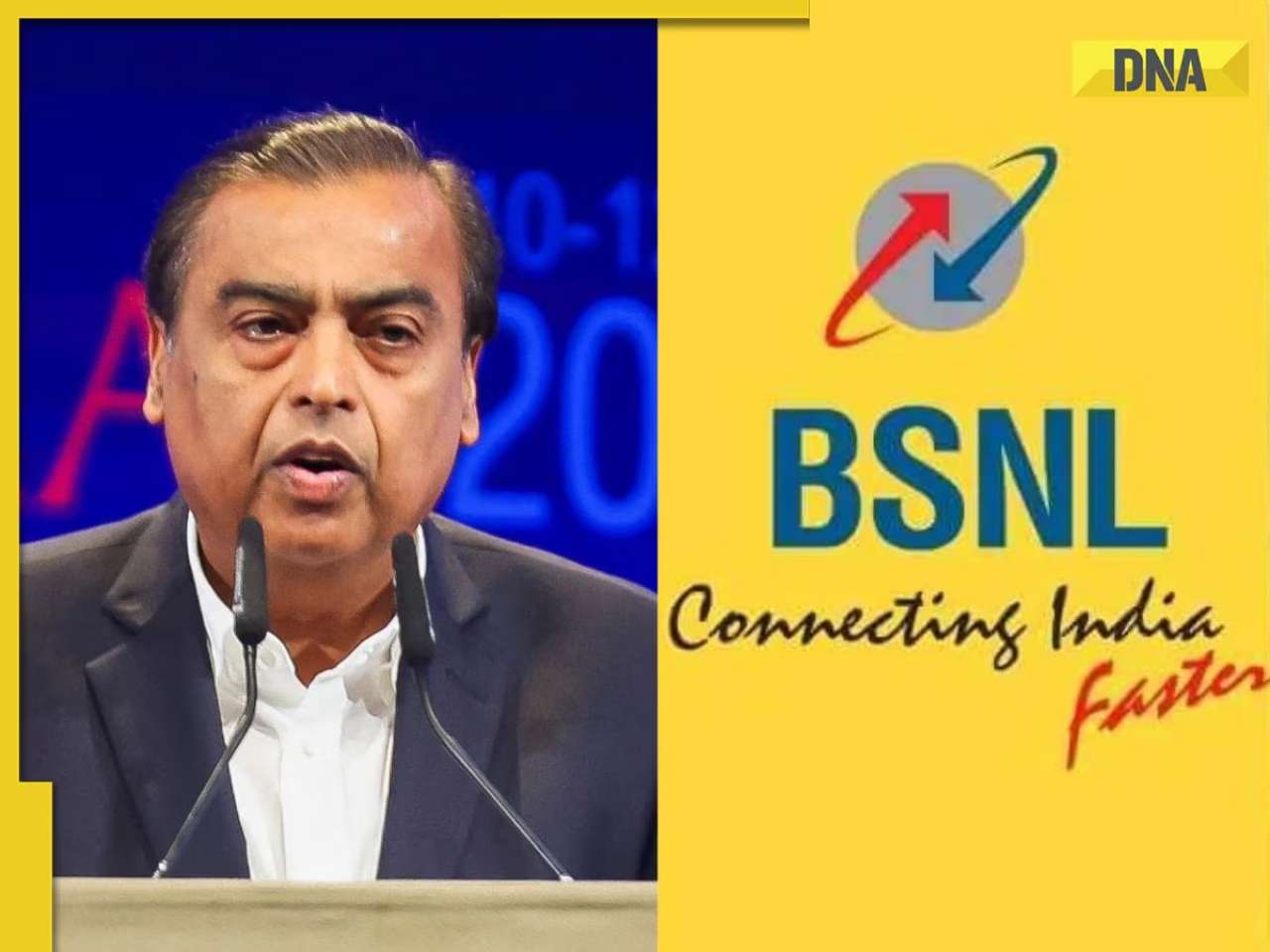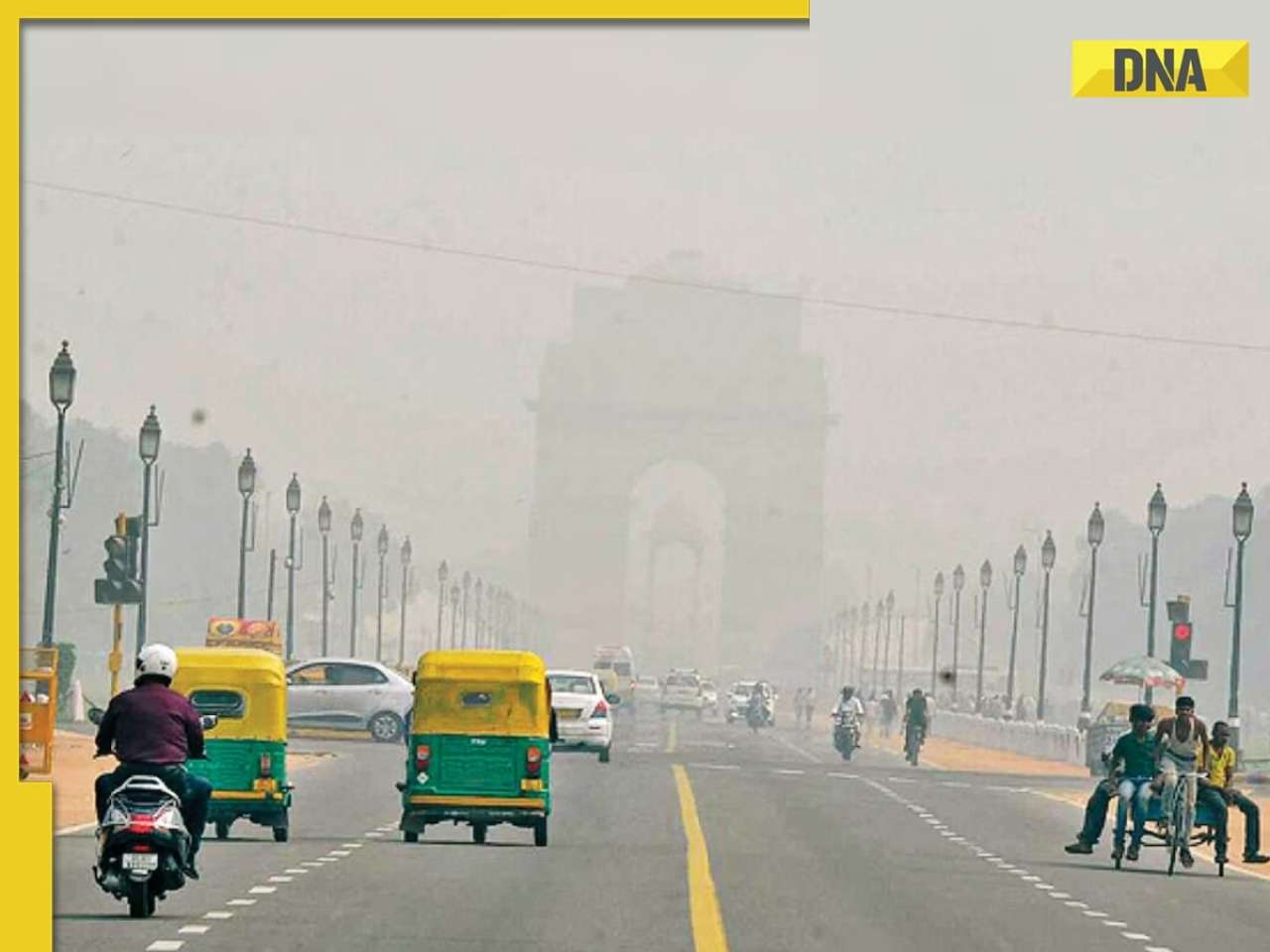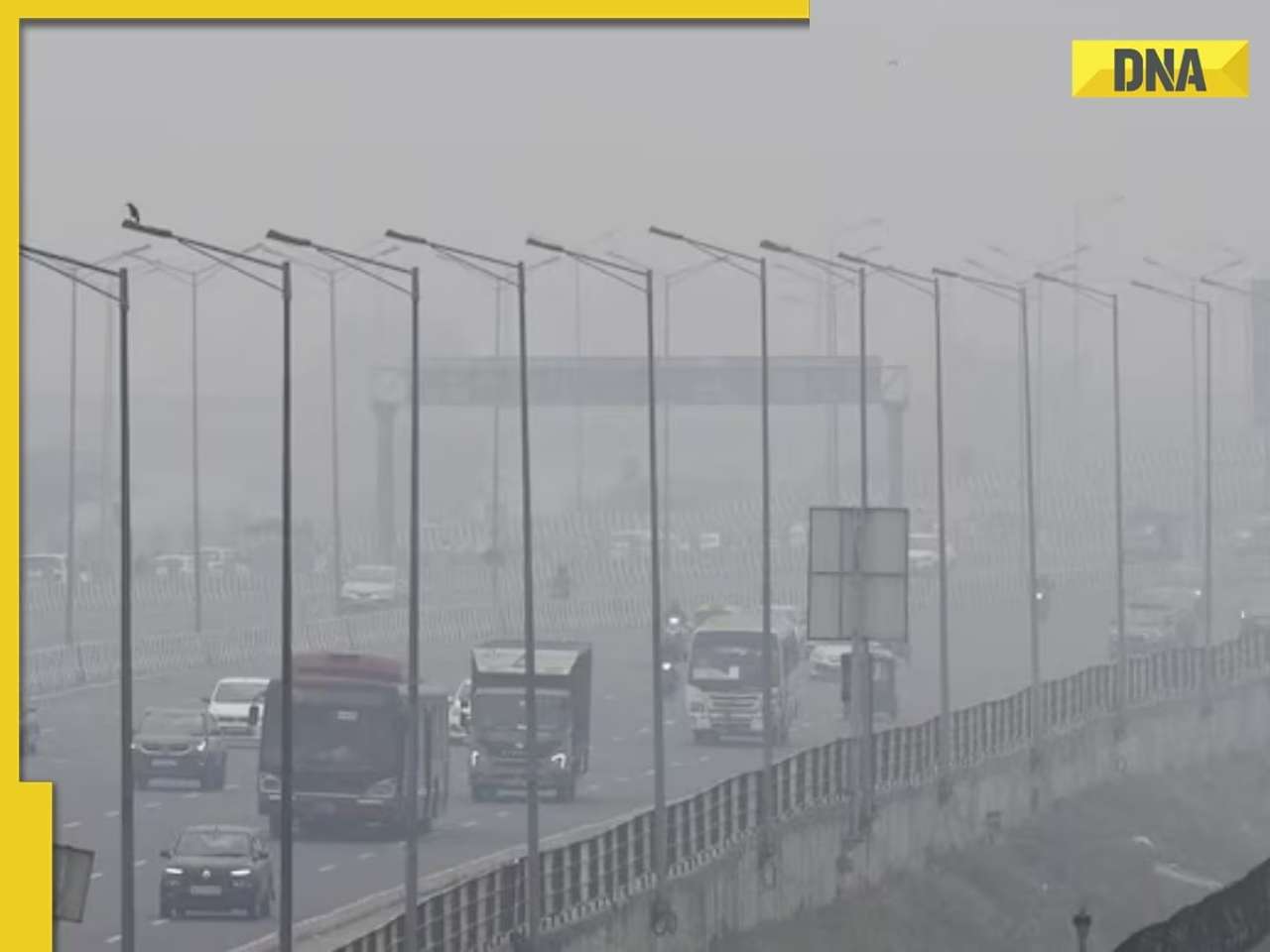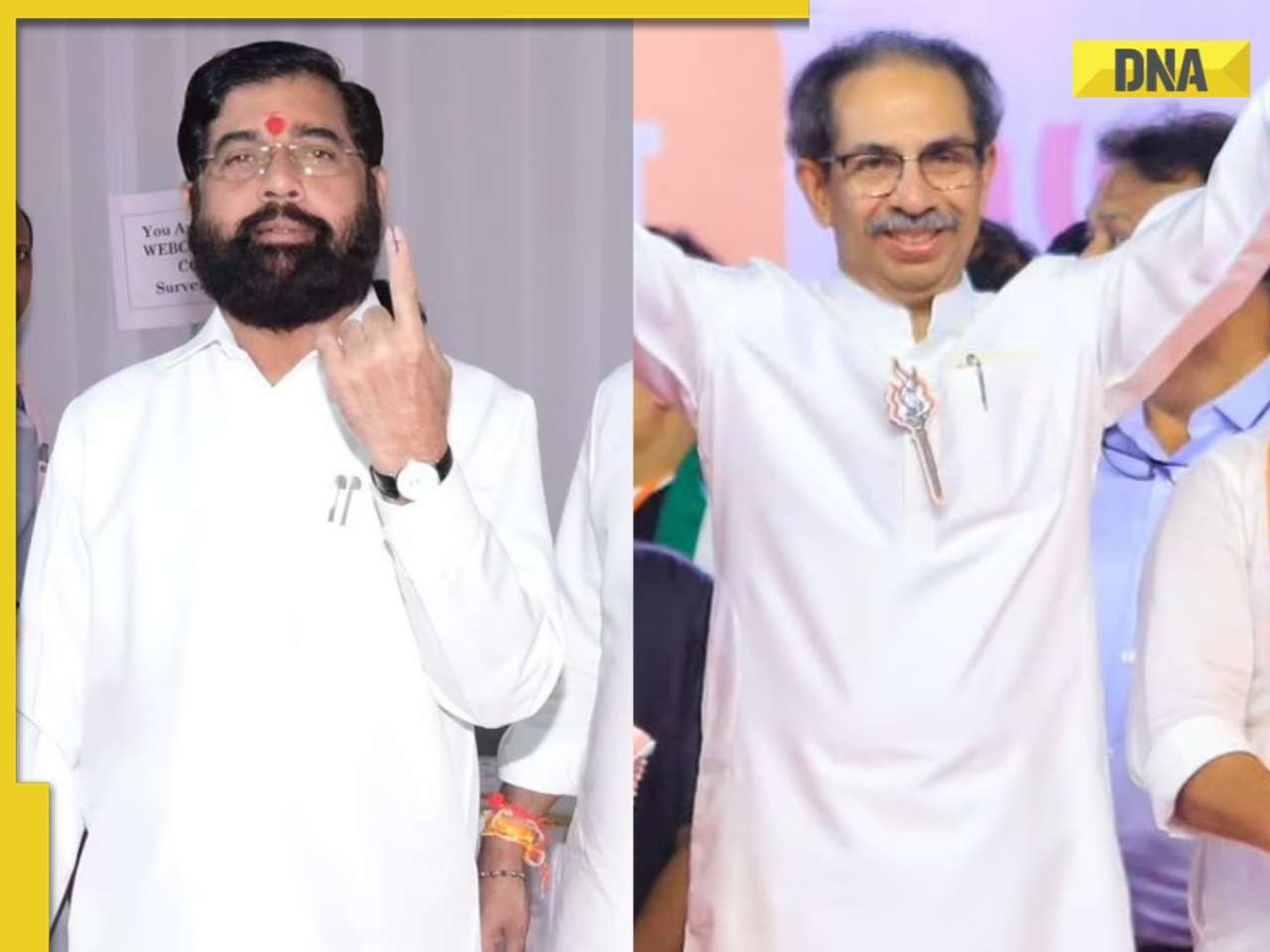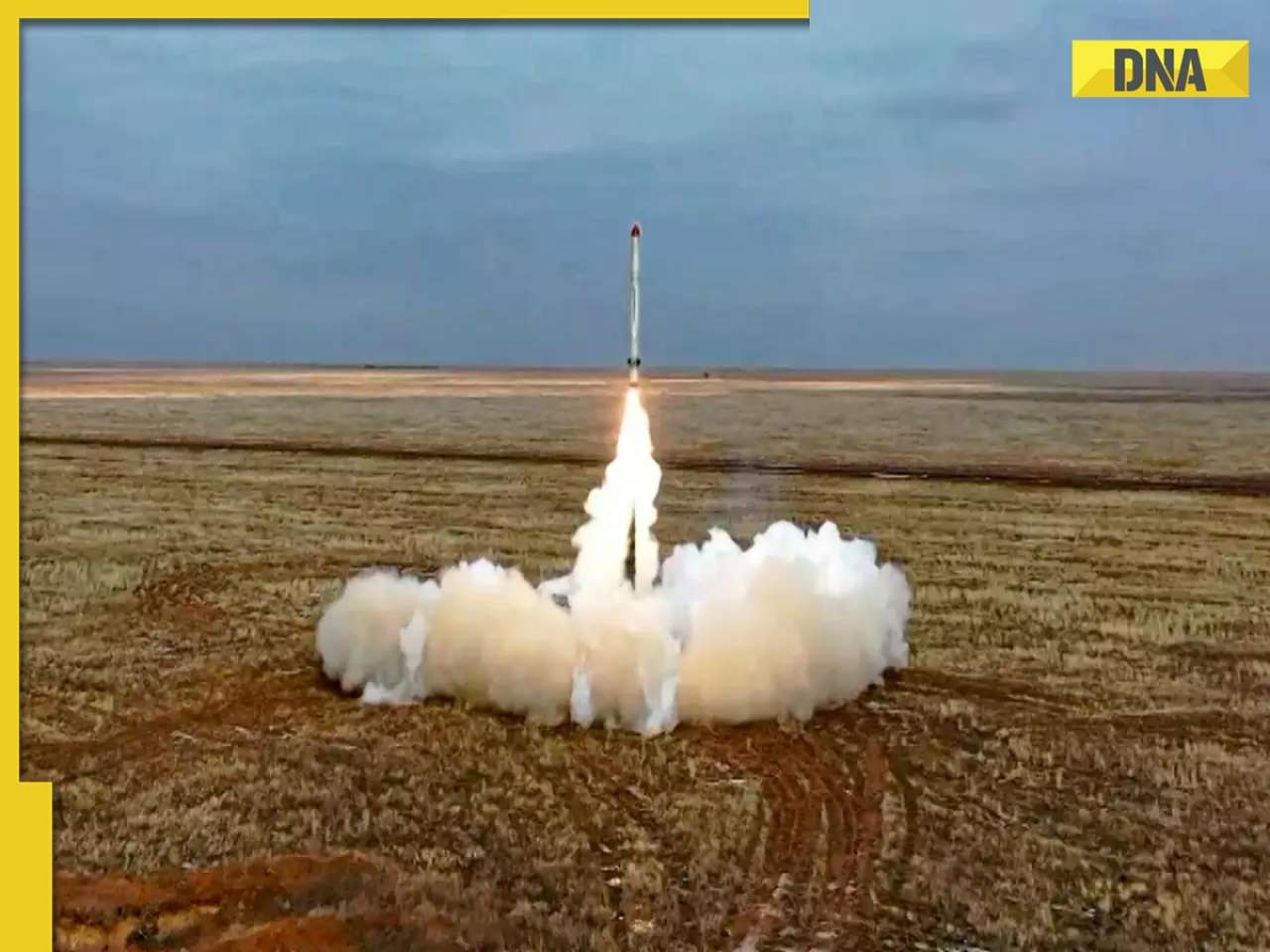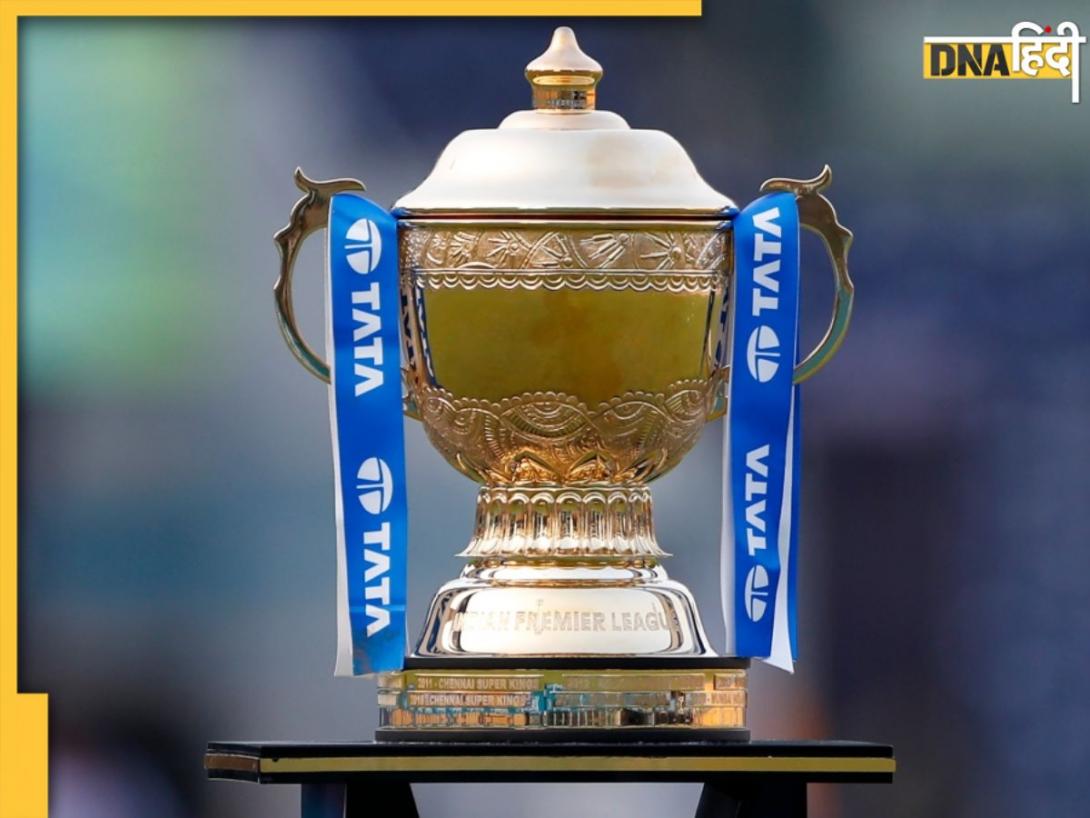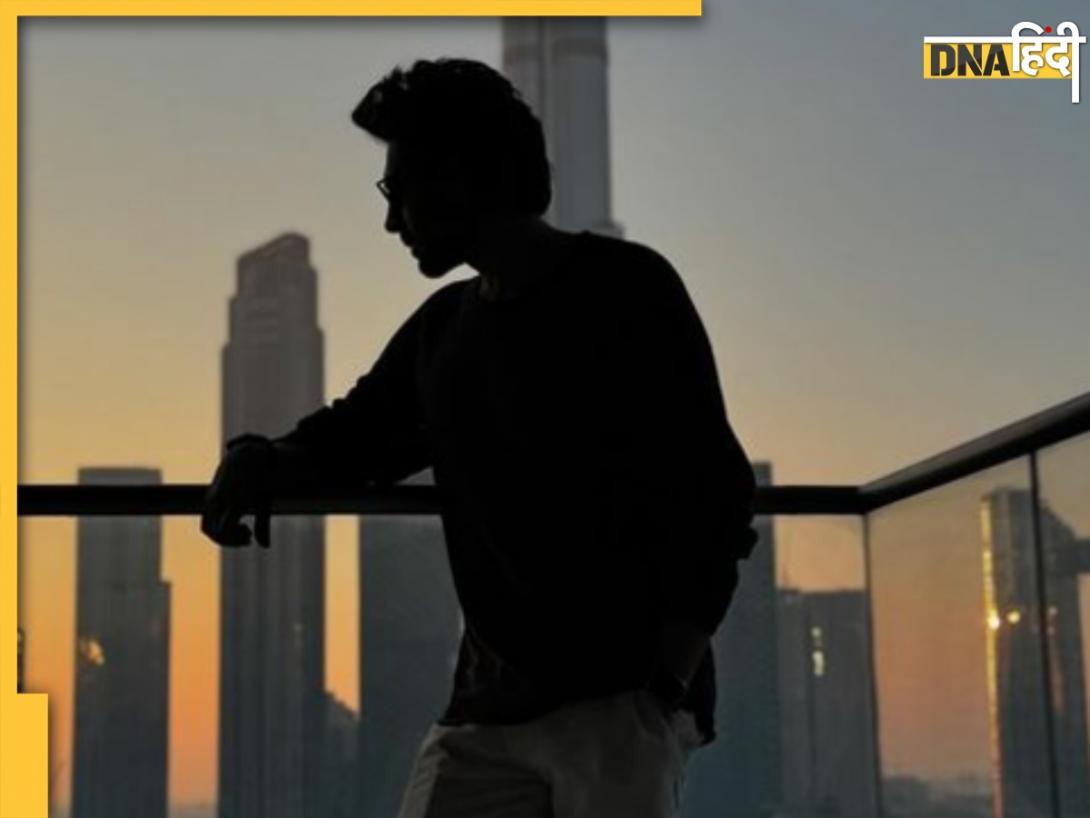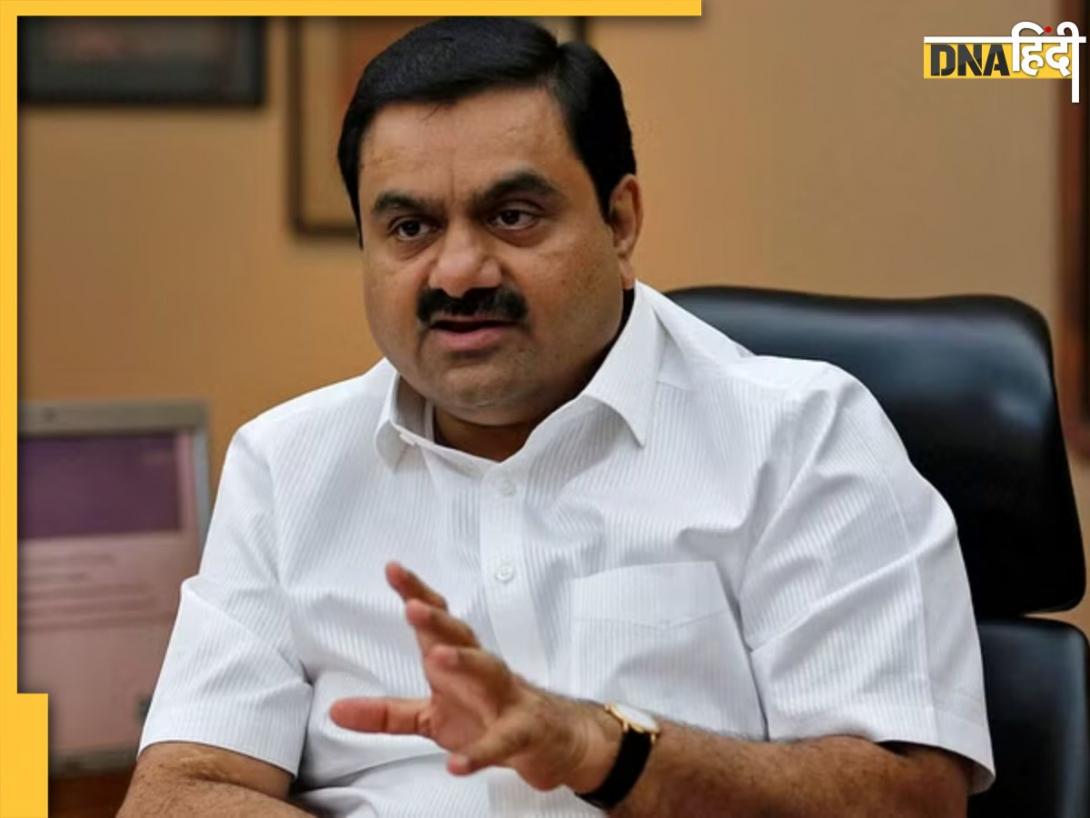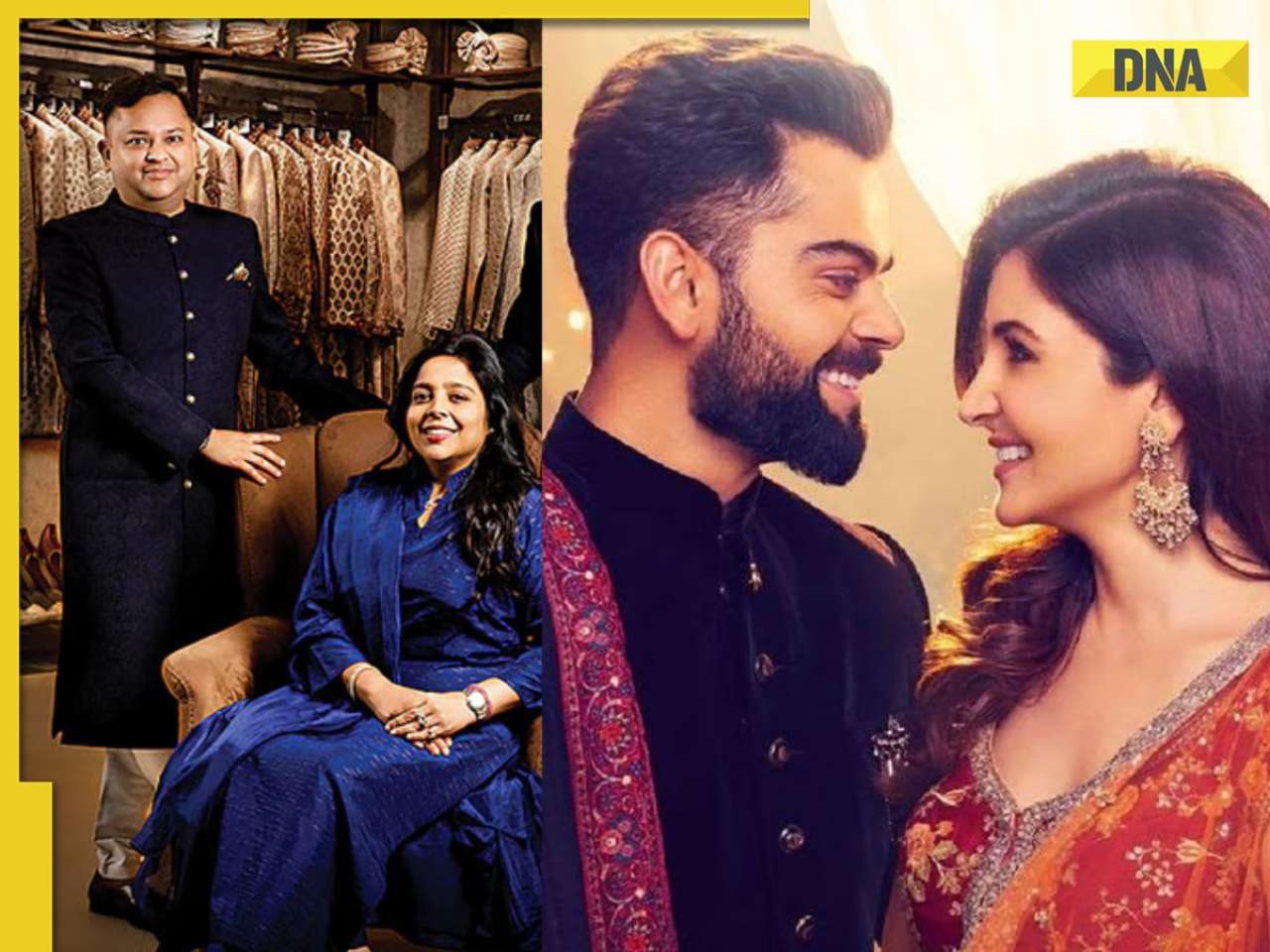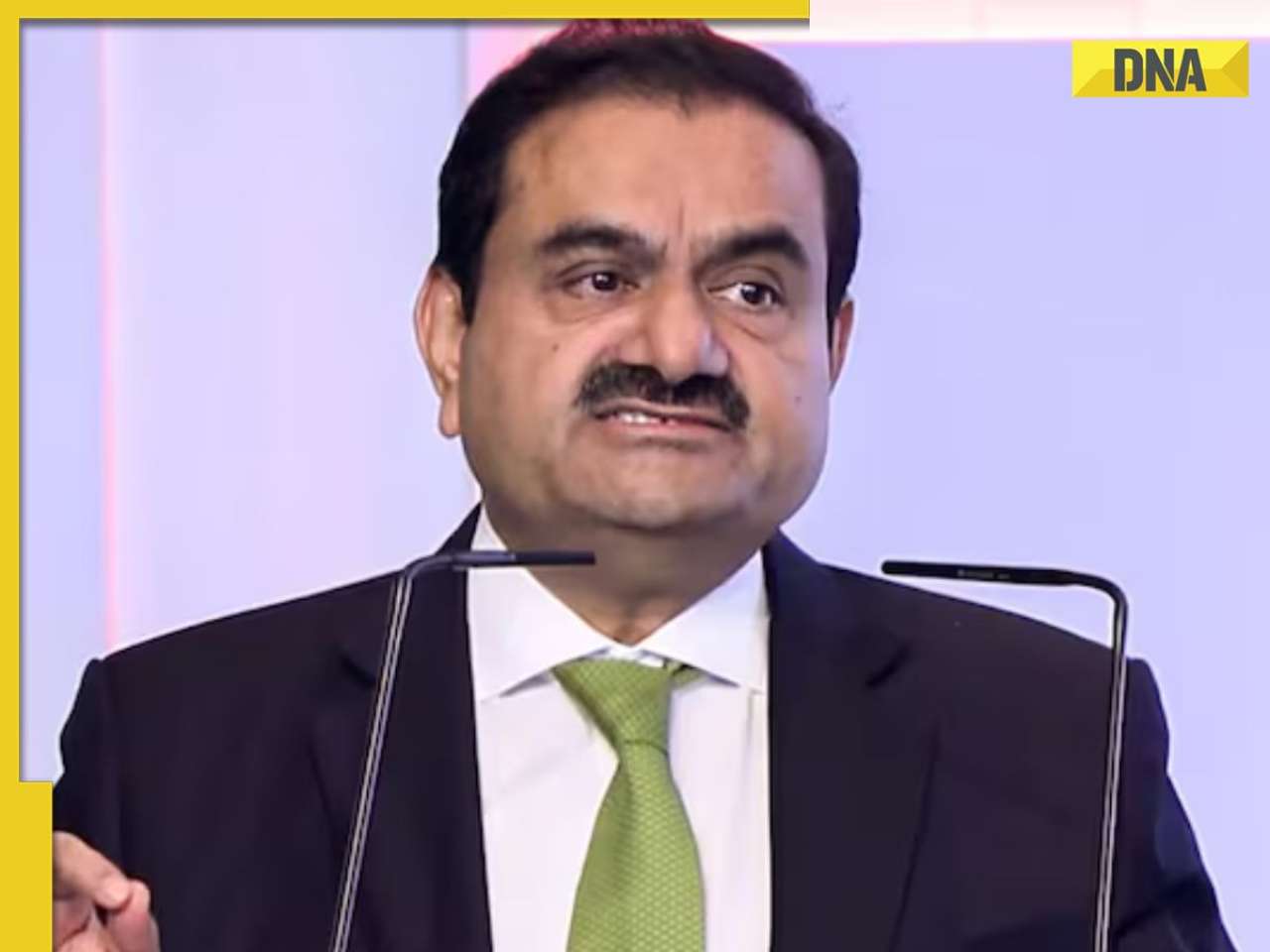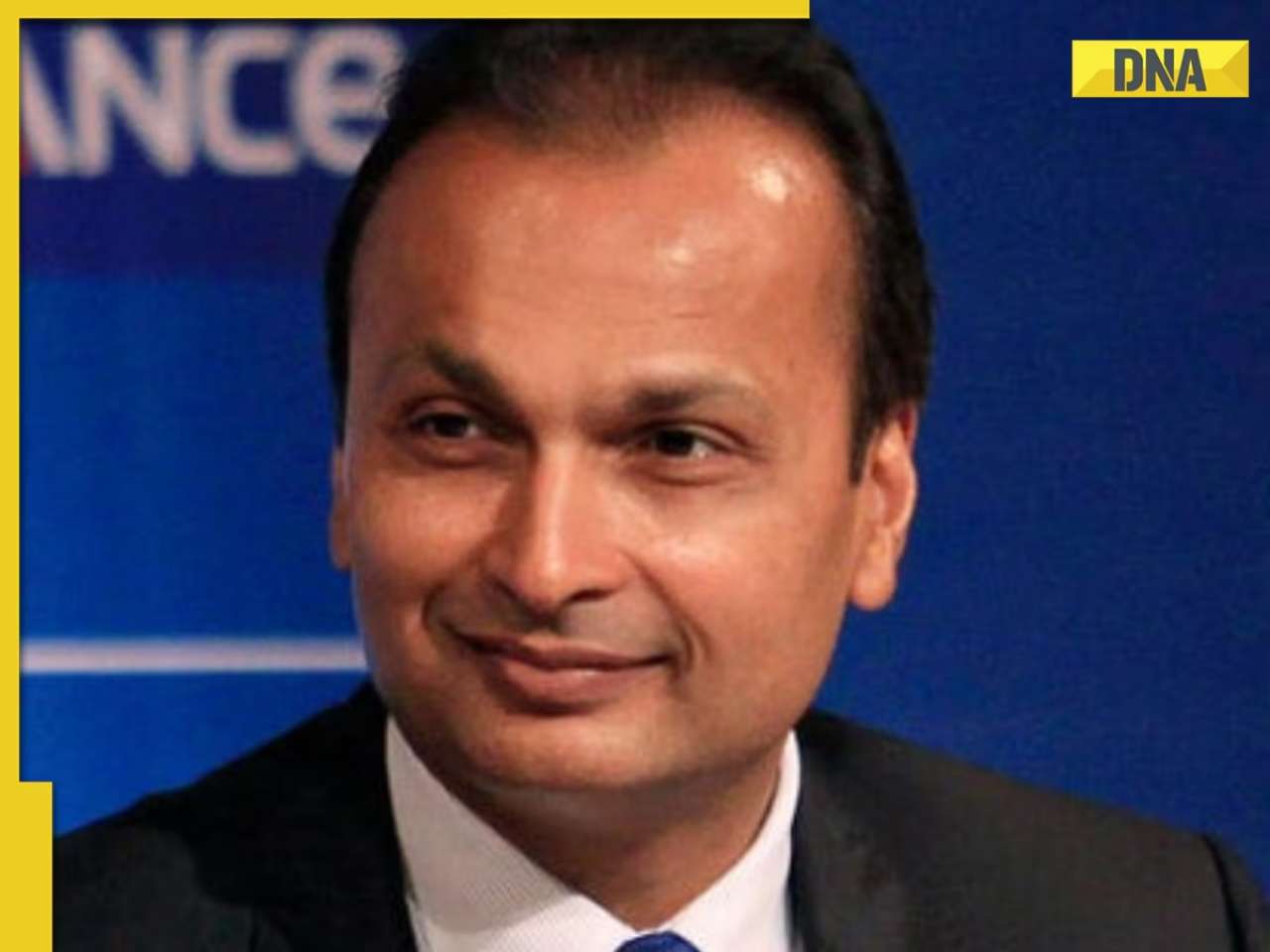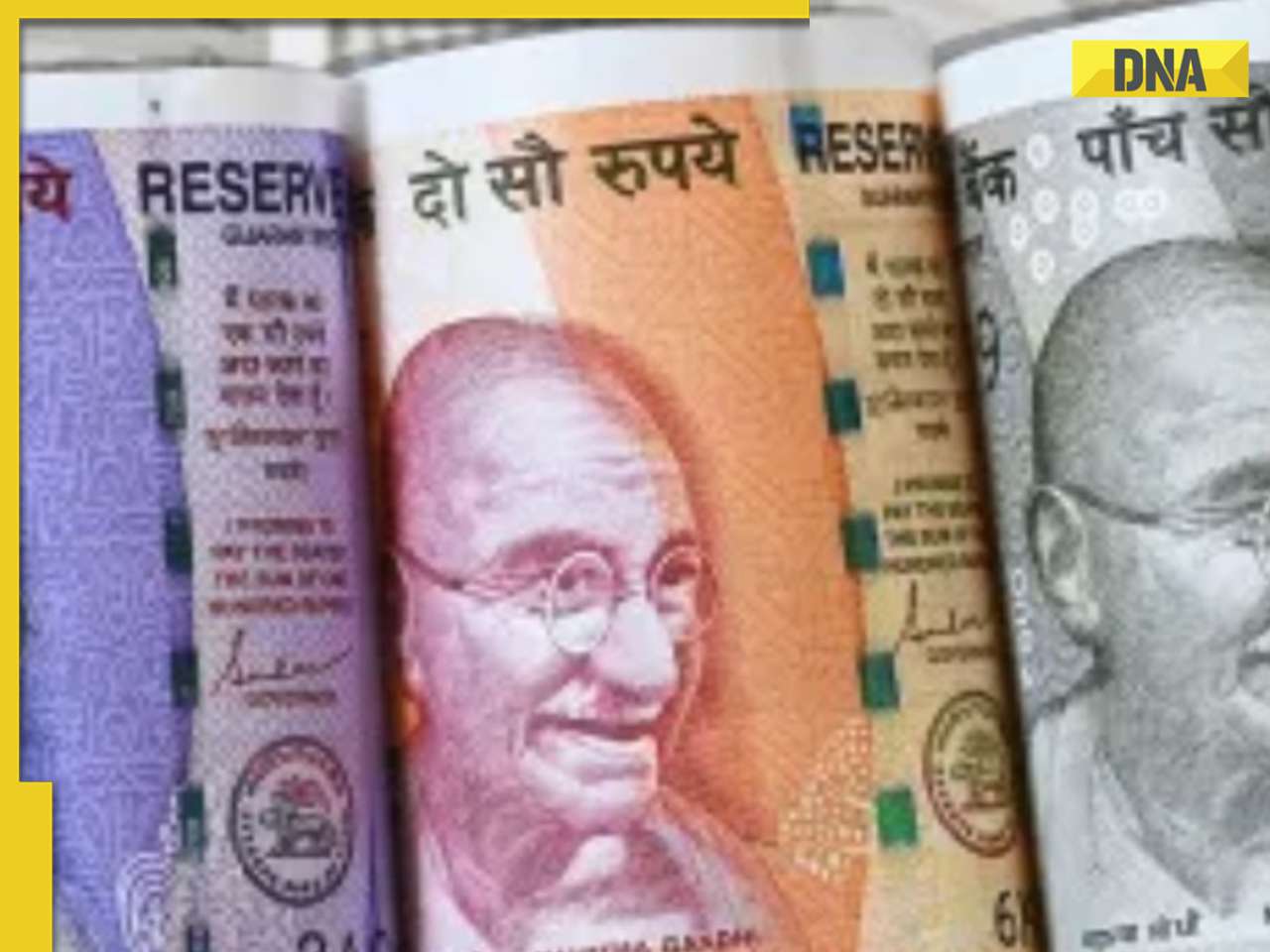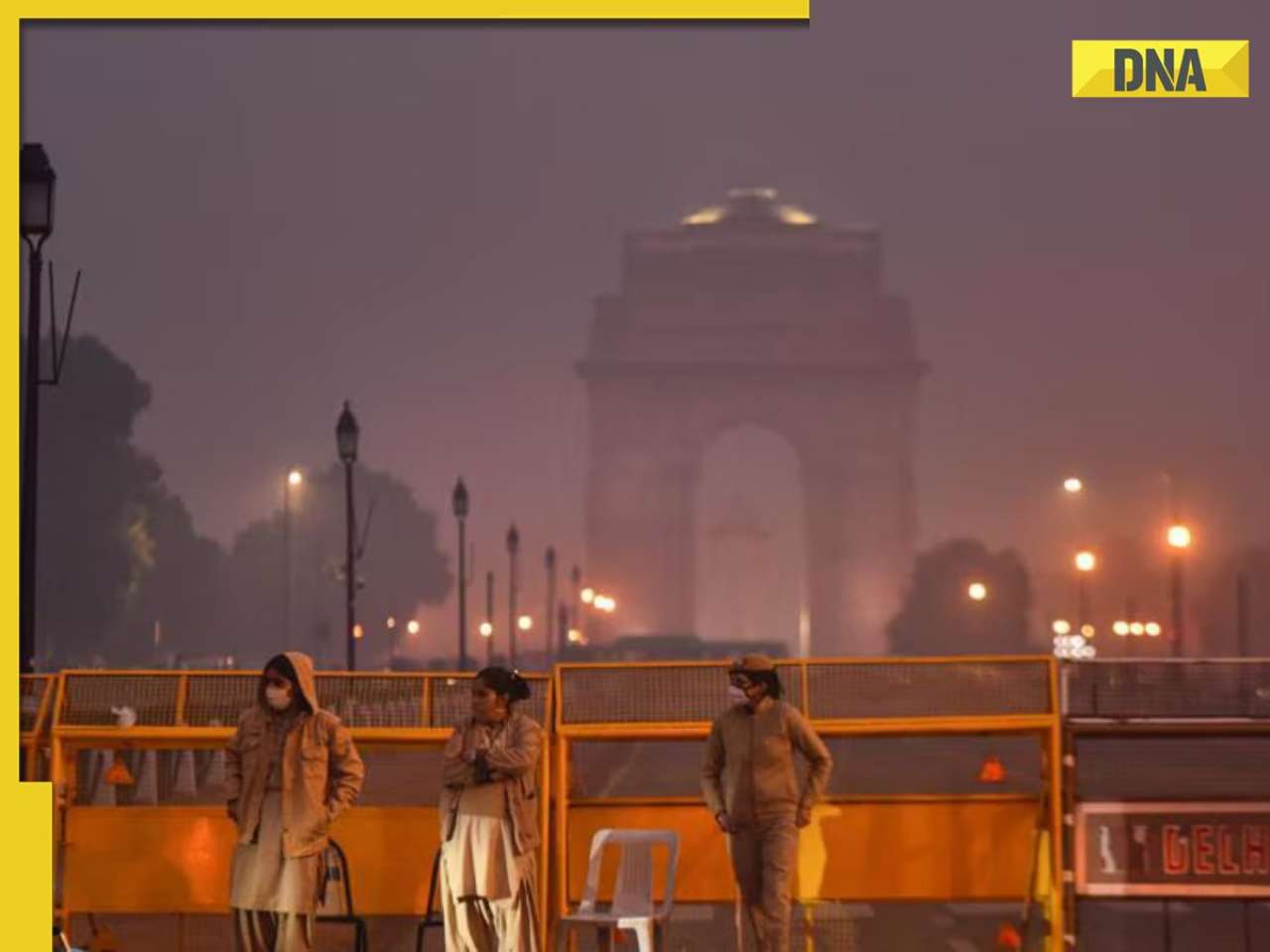- LATEST
- WEBSTORY
- TRENDING
ANALYSIS
15 years of Resolution 1325: Why are women still not included at the peace table?
Today, the 31st of October, 2015, is the birthday of the landmark UN Security Council Resolution that recognised that women should be a part of any conflict resolution or peace process.
TRENDING NOW
Yesterday, a photo did the rounds on the Internet showing the Syrian Peace Talks as what is now called a “manel” - a panel with only men. The irony of this in a fortnight filled with discussions about the 15th anniversary of UN Security Council 1325, was not lost on feminist peace activists or international relations scholars. At a moment, when maybe some of us had read, written and heard so much about 1325 that we thought there was nothing left to say or do, this picture reminded us of why this conversation started in the first place.
15 years of 1325: #WhereAreTheWomen? #1325at15 pic.twitter.com/zT4bqKCKDM
— The Elders (@TheElders) October 30, 2015
Today, the 31st of October, 2015, is actually the birthday of this landmark UN Security Council Resolution. Coming from a millennia-long human history of ignoring women, treating them first as collateral damage and then as the spoils of war, for the first time, those who speak and make war and peace decisions for the world unanimously agreed that without women, there could be no peace. This meant, most fundamentally, that women should be a part of any conflict resolution or peace process. The slogan “women at the peace table” was unpacked by 1325 and the subsequent (WPS) “women, peace and security” resolutions (as the UN system calls them) to mean women at the negotiating table, women in recovery and relief services, women in peace-keeping and women in the support services for all this — at minimum. This has not been achieved; there are numbers here and there to support this, but what further proof than this photograph?
How do we get from here to there? One standard excuse is that there are no qualified women to fill these positions — just as you hear from Indian corporates about women on their boards. What qualifies a person to participate in peace-building? It is not as if all the men in this photograph have degrees in International Law or Conflict Resolution. Historically, peace is negotiated as the cessation of hostilities by those who have engaged in the fighting. The peace we now seek is far more comprehensive; it includes accountability, mechanisms for rebuilding, an end to impunity and elements that will aid reconciliation. Such a peace is built only by listening to everyone affected and taking on board everyone’s experiences and perspective. A peace that is patiently negotiated is a peace that lasts. Getting to the accord is like placing a semi-colon in a sentence; something will follow, and there’s no saying what!
Two ways in which civil society is beginning to counter this excuse is by creating rosters of women at different levels with the public sphere experience — through community leadership; local government; development, peace or human rights work; or by virtue of special training — who can participate in an inclusive peace process. Rosters and directories are being compiled, and histories of women’s work and profiles of women in this sphere being documented. We now know more about the qualifications of women who should be at these tables, than we do about the men who do sit at these tables.
The second element to the WPS resolutions relates to impunity. Our thinking as a global community has thankfully evolved from the ‘sexual violence in conflict as spoils’ school of thought, which still thrives in pockets of the world — some not so far away. This has happened over decades — expressed through the UN Charter, the Geneva Conventions and their Additional Protocols, the Refugee Convention, the Convention on the Rights of the Child, the Rome Statute of the International Criminal Court and the Convention on the Elimination of All Forms of Discrimination Against Women (CEDAW), and most explicitly through the Yugoslavia Tribunal which treated rape as a form of torture and sexual enslavement as a crime against humanity. At least at the level of the international community, we now regard sexual violence (and exploitation) in conflict as utterly unacceptable, and have recently adopted a system of “naming and shaming” those who still use this conflict weapon. This opprobrium extends of course to UN Peacekeeping and to the countries who contribute those troops.
We know from a variety of reports that in various locations where there are peace-keepers, sexual and other exploitation, including trafficking, have been known to happen. The responsibility for investigation and punishment lies with the country that sent the troops. The UN itself has declared zero-tolerance, but what does this mean in reality? When the troop-despatching countries have a poor track record of prosecution and punishment for “everyday” sexual and gender-based violence, then it is hard to expect that transgressions in an extraordinary setting will be dealt with in a serious and timely fashion. Reflecting this reality, the WPS resolutions also talk about support for both ending impunity in conflict contexts and setting up systems within countries that apply to all populations. This is also a reflection of the feminist view of violence occurring on a continuum that extends from what we consider personal to what we label public.
On a positive note, where all-women troops have been stationed, these accusations are replaced by stories not just of goodwill generated, but of their impact in society at large, especially offering local women role models for leadership and public agency. India’s all-female police units serving in Liberia are the most oft-cited examples of why women peacekeepers are a good idea.
From the point of civil society (and the media), consistent tracking and follow up become important. We report once, editorialise once, and then there is rarely any follow-up on cases. This is equally true of the less sensational, more routine reporting on gender violence within the country. Over decades, dozens of reporting guidelines and manuals on best practices have been formulated, but they are rarely disseminated and incorporated into training programmes.
The third pillar of the WPS resolutions is prevention, often read as meaning prevention of violence against women and girls. What it really refers to, and the recently released High Level Review of the implementation of 1325 reminds us of this, is involving women in the prevention of conflict. One conflict indicator is an increase in the incidence of moral policing and gender-based violence in a society. Women (and other minorities) can sense this immediately, but they are rarely a part of any conflict prevention or early warning mechanisms that might be put in place. Those often feature the least vulnerable members of a society, including the ones that receive special security. Leave alone places where there is ostensibly no conflict underway, these lines of communication between the public and those who monitor and make decisions in these matters have not been put in place even in more fraught settings. This is why they are fraught, of course.
“Prevention is better than cure,” and this is truer in the case of conflict than the worst disease. The cost of conflict—whether it is interstate and open conflict or it lurks beneath the radar with sections of society engaged in a battle over beliefs and everyday practices—is paid by generations over time.
Who will build the lines of communication between the public at large and decision-makers in government? That task falls to civil society, again — being of the public and able to work on access to the government. It may be through public hearings; through grassroots conversations whose findings are shared in the public domain; through representations and through debriefing those in government (bureaucracy, legislature and executive). It is not just the reporting of problems, however. When there is an assault on peace values—acceptance, mutual consideration, diversity, freedom of expression, justice — it is up to civil society and media also to find those voices and views that will speak for these values and amplify them, reinforcing the thinking that will prevent violence. Many of these voices will come from women, not just because they are located at the bottom of every social tier and most vulnerable, but also because they are deeply embedded in family and community networks and most invested in peace. Time and again, we see that their very marginality enables them to cross “enemy” lines and open lines of dialogue that ease tension.
To return to that image from the Syrian talks, which serves as a timely reinforcement for why 1325 is so important: Why are there mostly men in this photo of talks which involved the US, Russia, France, Turkey and the European Union (whose representative is the one woman at the table)? Of these, at least the US and France have developed 1325 National Action Plans, the official device for implementation, which involve concrete commitments and timelines. But it is easy to criticise others; closer home, only Nepal and Afghanistan have put the Plans in place. India does not have conflicts, just disturbed areas, and in spite of participating in peacekeeping operations, does not seem to feel that 1325 is relevant to us. Recently, a draft Regional Action Plan was prepared by a meeting of civil society actors from across South Asia, but prospects for its adoption are anybody’s guess.
But the dim prospects of official Action Plans does not make 1325 irrelevant. Peace work belongs to all of us because conflict destroys all our lives over time. There has been talk of People’s Plans, but what makes most sense to me is for us to find those parts of the WPS resolutions—and indeed, its predecessors, the Beijing Platform and CEDAW—and see what we can work on locally, where we are, in our lives and jobs.
And so happy birthday, 1325! We will dream about and work towards your being 30 and a redundant historical relic!
Swarna Rajagopalan is a political scientist by training
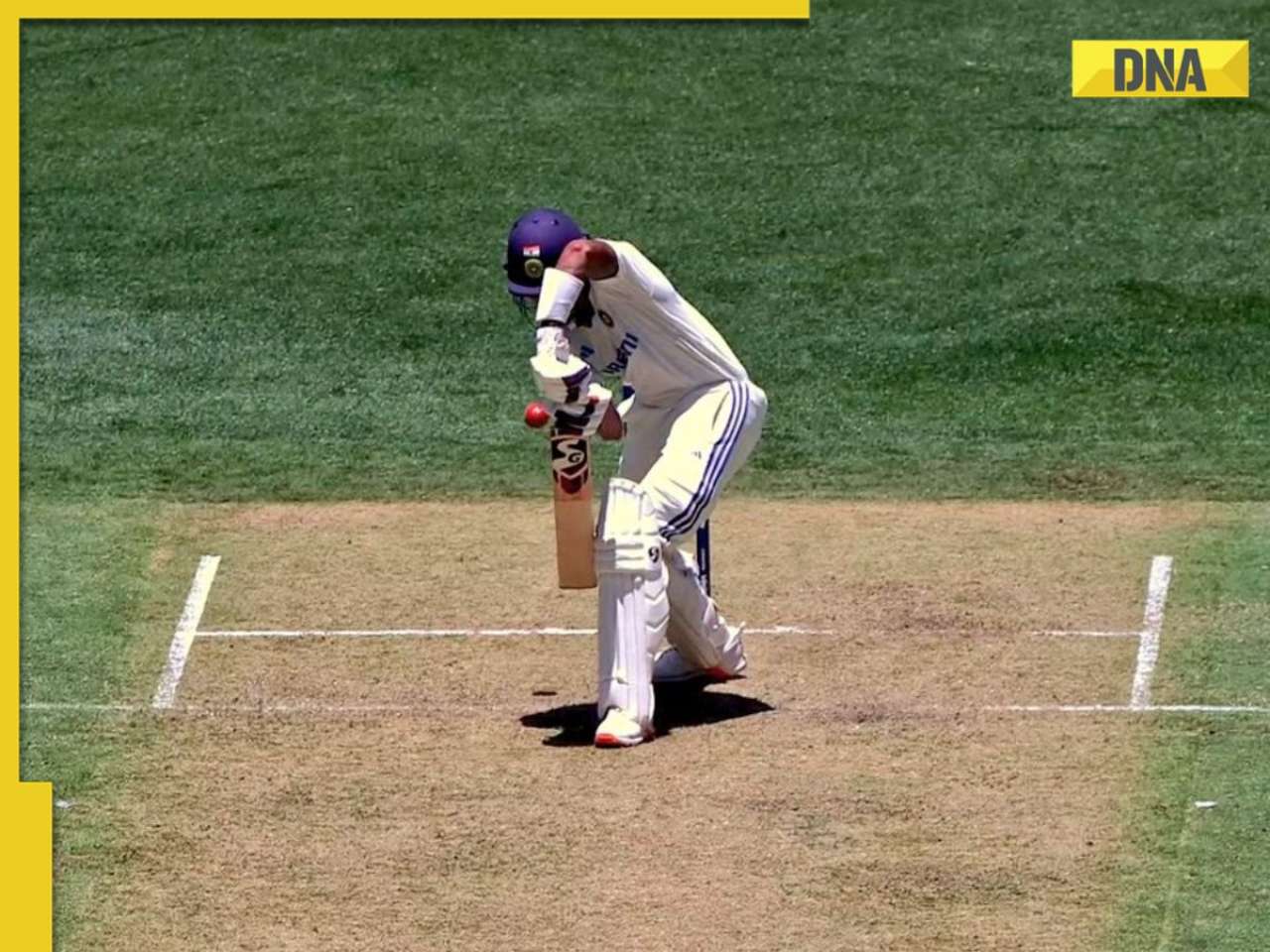
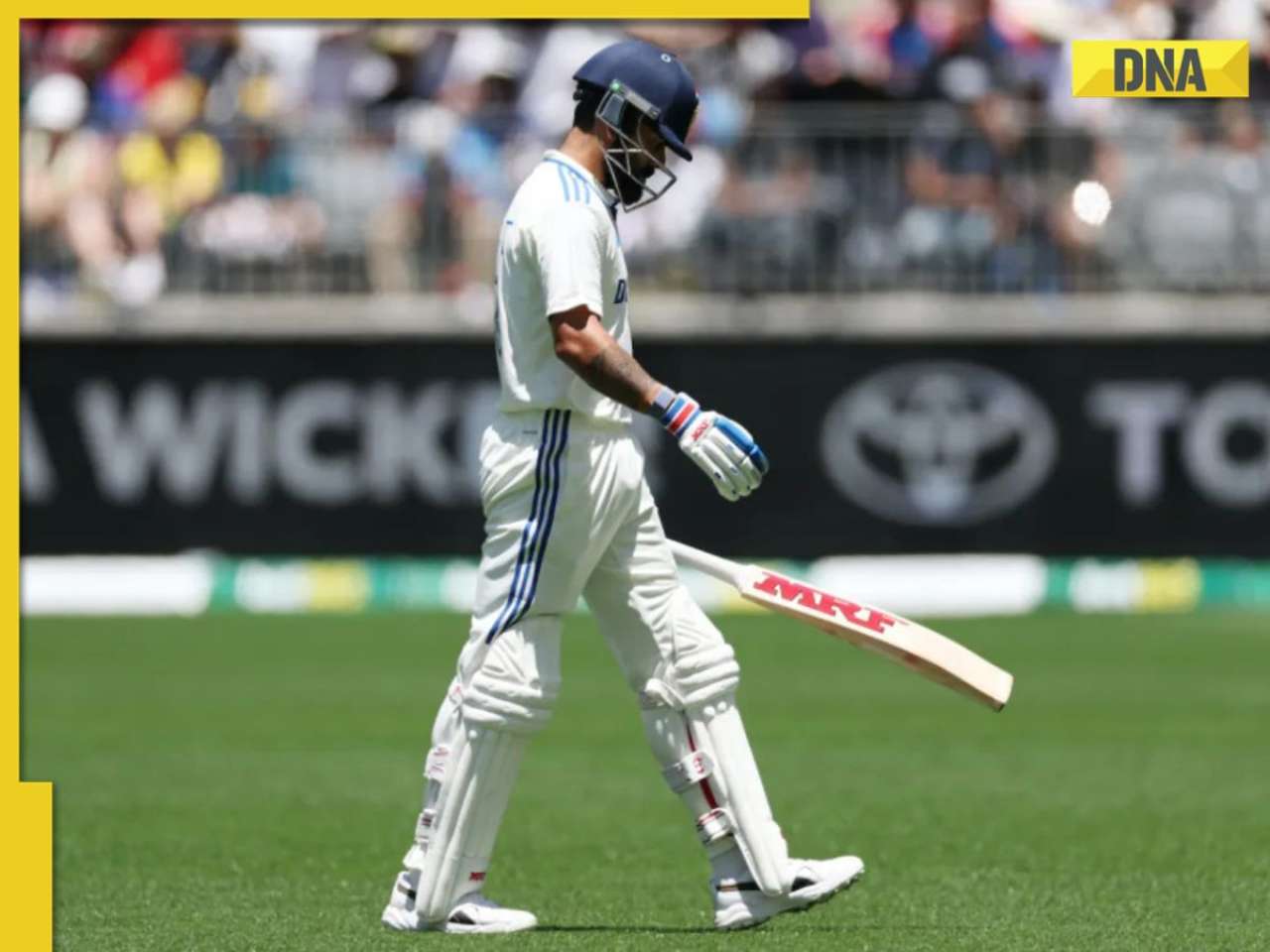
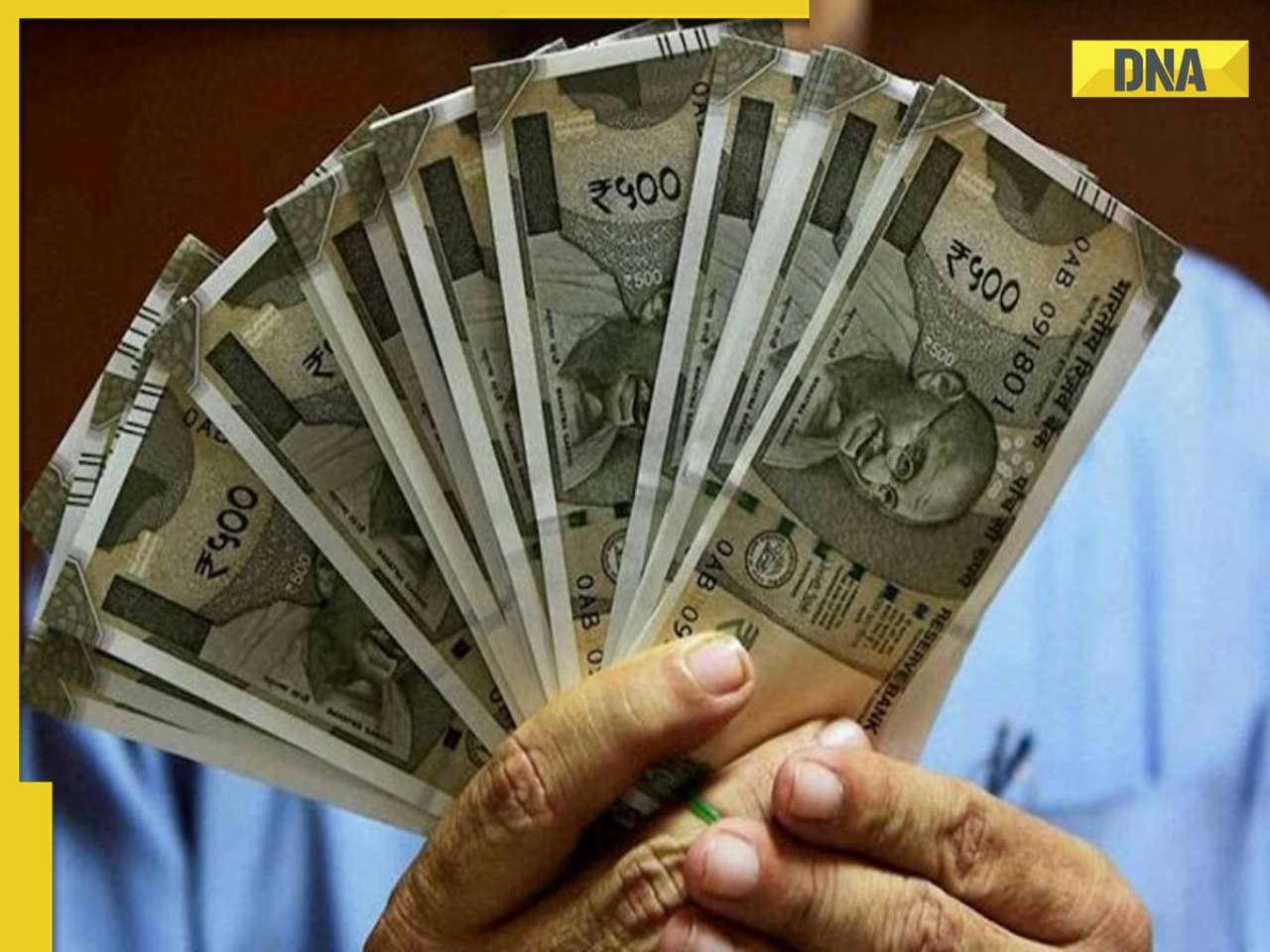




)
)
)
)
)
)
)
)
)
)
)
)
)
)
)
)





